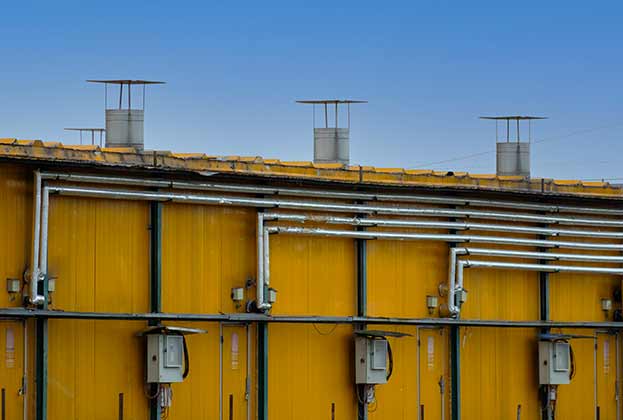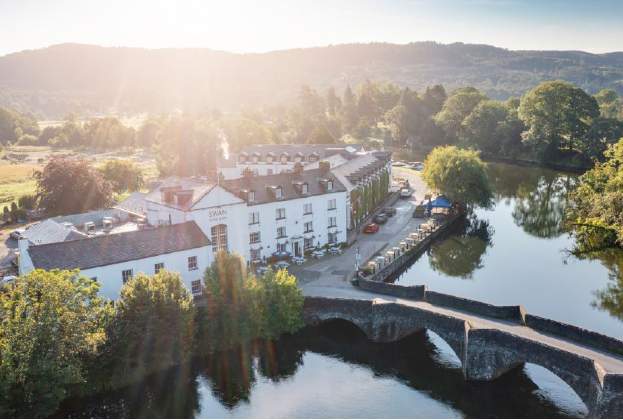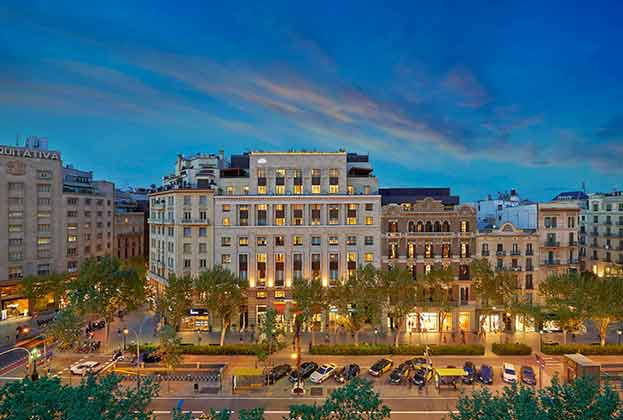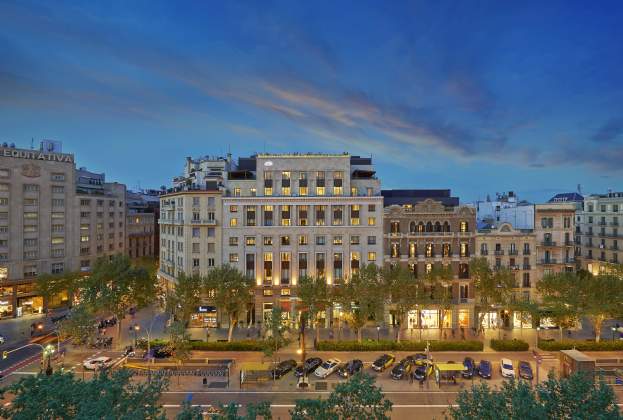In typical recessionary manner, many commercial real estate sectors have experienced a “flight-to-quality” whereby investors redirect focus towards prime city centre assets in pursuit of longer-term capital preservation and secure income.
The hotel market is no different, despite the acknowledged longer operational recovery outlook for city centre locations.
While staycation markets have seen a significant rise in deal count since the lockdown, in line with a robust recovery driven by the staycation boom, total investment volumes continue to be dominated by London.
The capital accounted for an 87.3 per cent (compared with 51.1 per cent in 2019) share of UK hotel investment volumes in the first three quarters of the year, totaling £1.43 billion – generated primarily by a handful of key prime assets. Israeli-backed Vivion Capital acquired the 150-room Sanderson London and the 204-room St Martins Lane Hotel in London for a combined price of £255 million at the beginning of this year. This was followed by Qatari-based investors acquiring The Ritz in March, for a reported circa £700 million.
The same trend has been realised across Europe, cementing the position of key international tourist gateway markets such as Paris, Berlin, Rome and Venice to name a few. Key transactions completing since lockdown include the well-located five-star Bauer Palazzo Venice which was acquired by Signa Group in May 2020.
Covivio also acquired an eight-property portfolio of prime assets across key international tourist markets such as Venice, Rome, Prague and Budapest –emphasising the longer-term confidence in the sector in terms of value and expected operational recovery.
Some of these assets are expected to be renovated for further value-add opportunities, which is a feature some investors are keeping a keen eye on. For example, the SoHostel in Central London sold for over 5 per cent above the guide price, partly owed to the prime location and development potential to drive further value.
In terms of pricing, many key European hotel markets have experienced a yield reversal this year, with prime yields moving out compared to pre-Covid levels – which could generate further investor interest from well-positioned buyers given the attractive pricing on offer.
As a result, we’ve seen numerous investors closing on new funds looking to deploy capital into the challenged sector, particularly from UK and Eurozone funds.


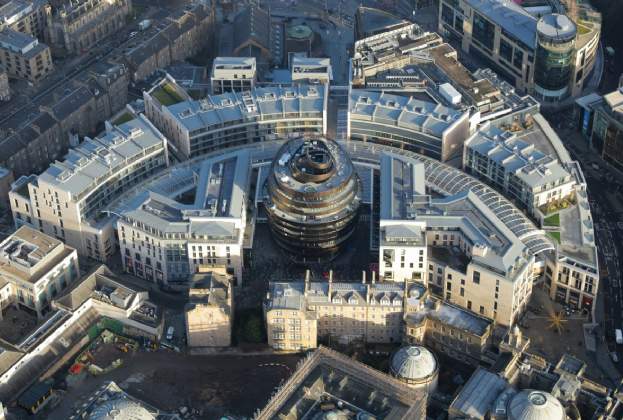
.jpg)
.jpg)
